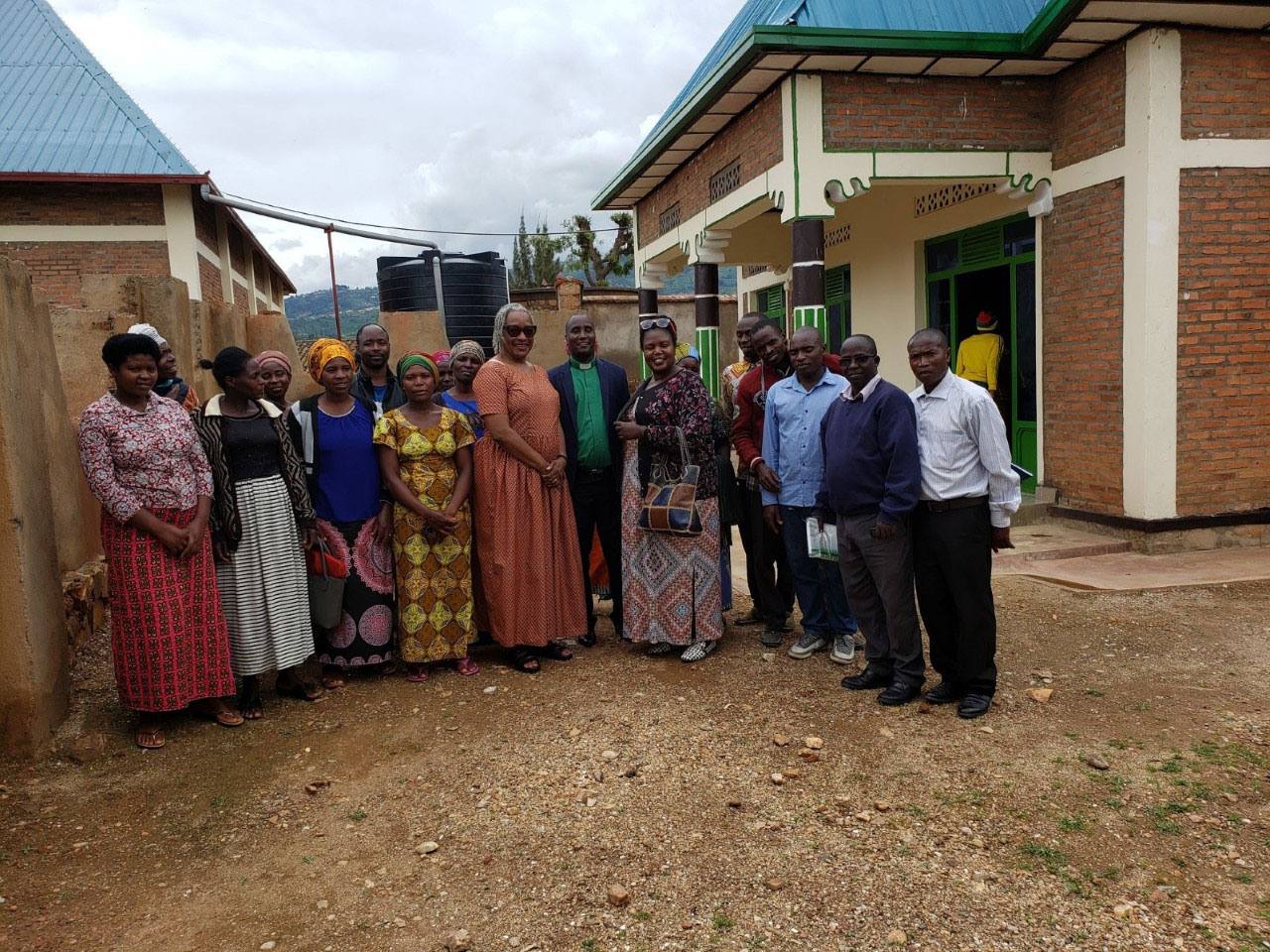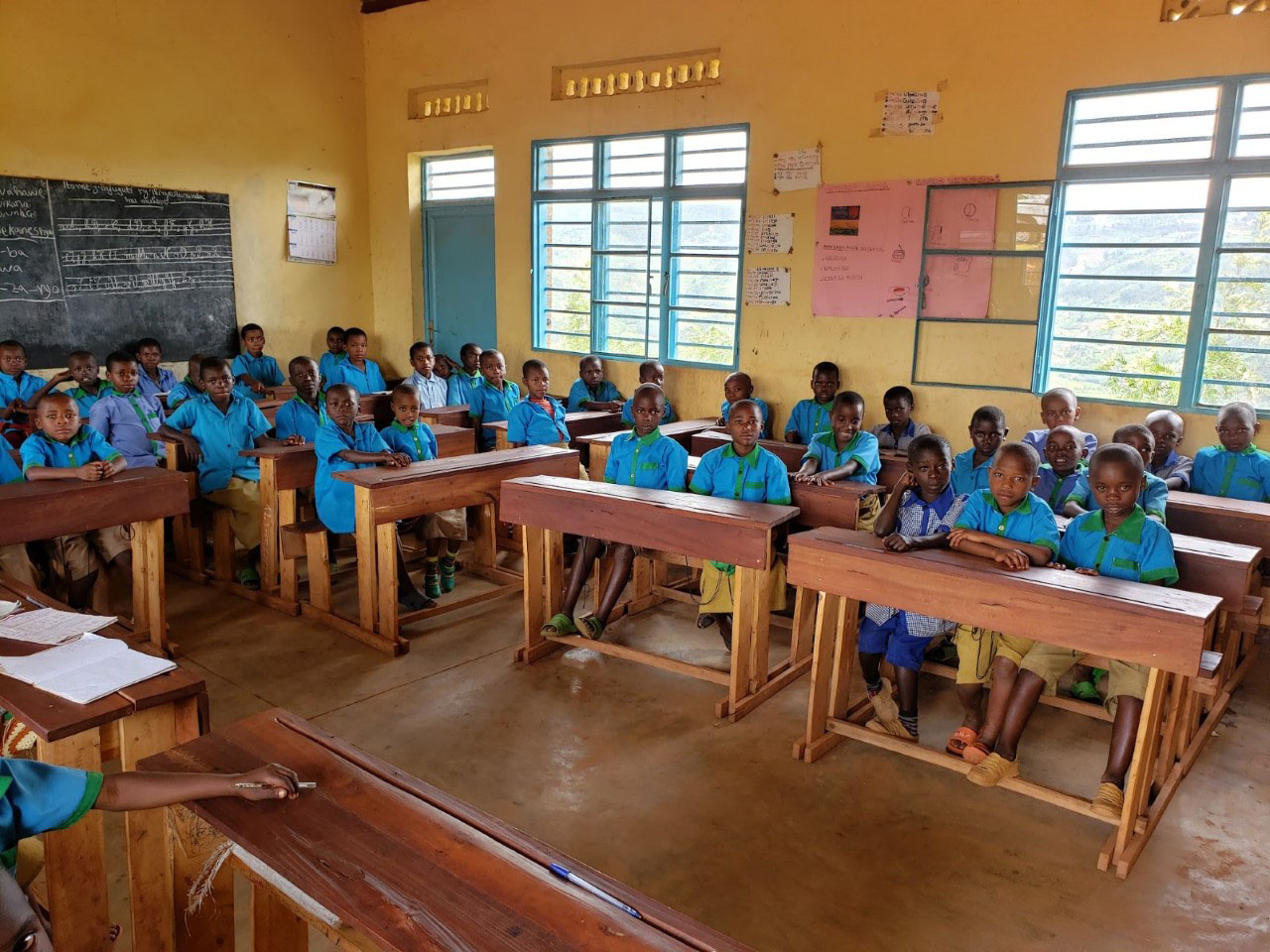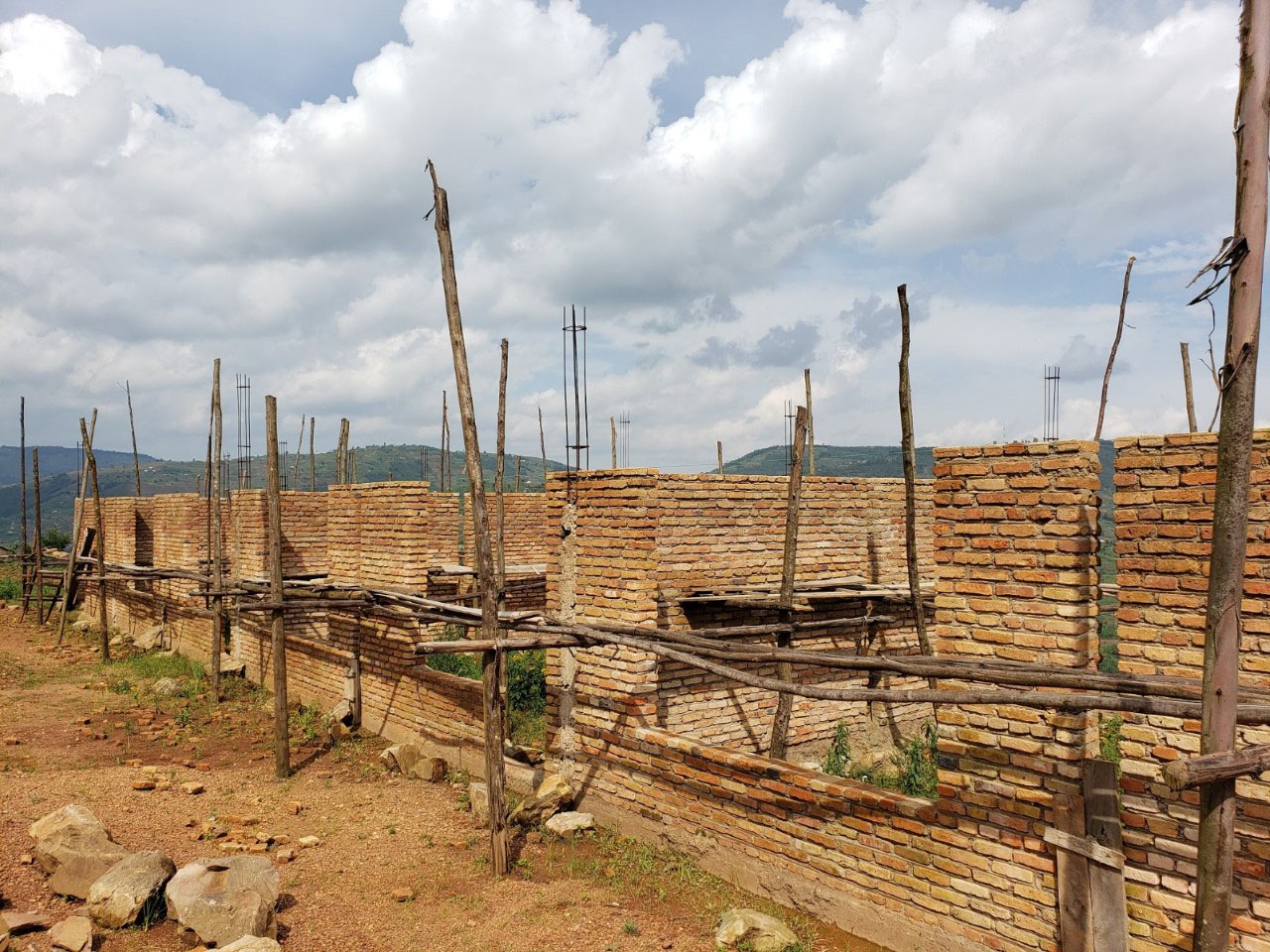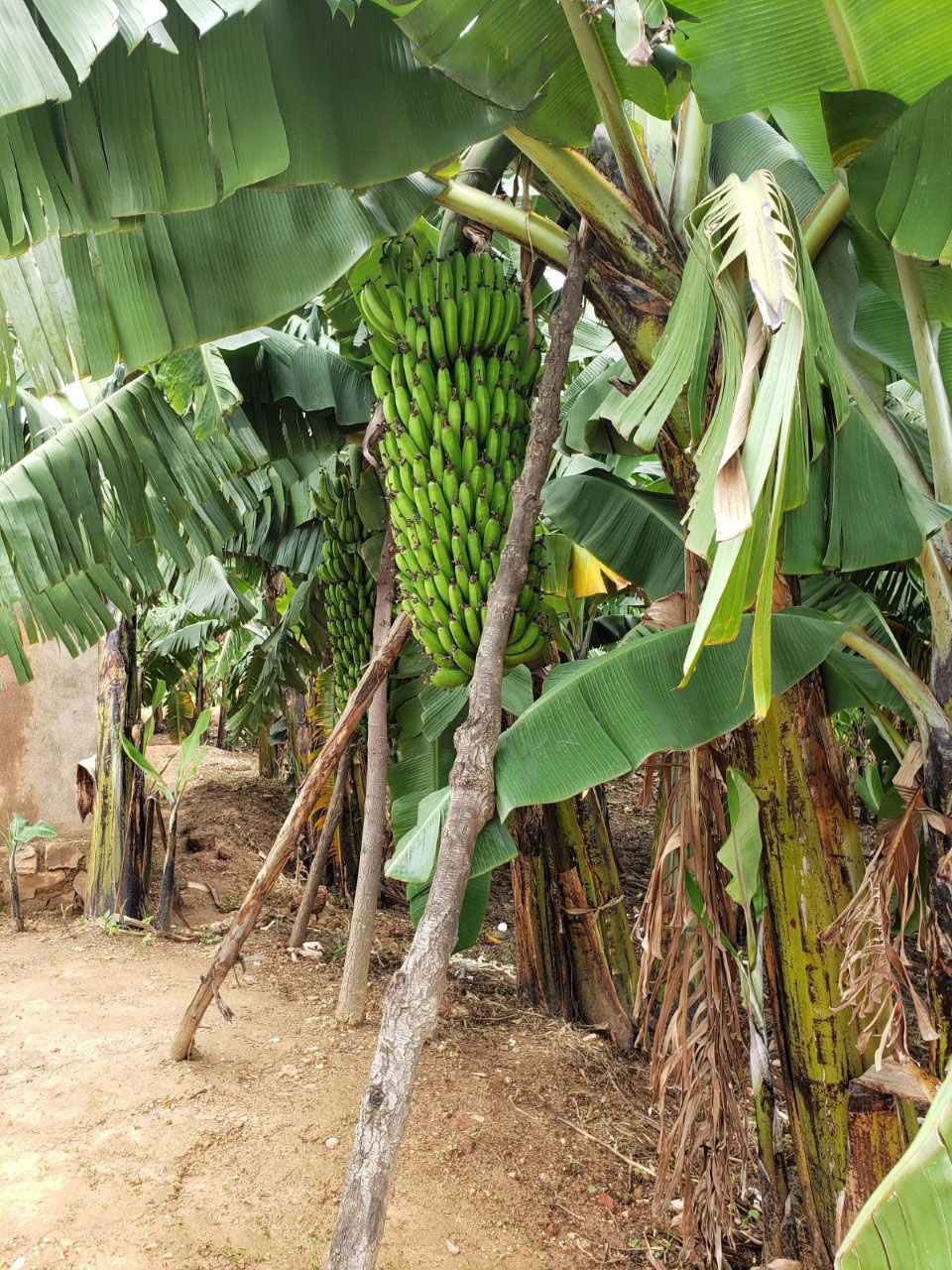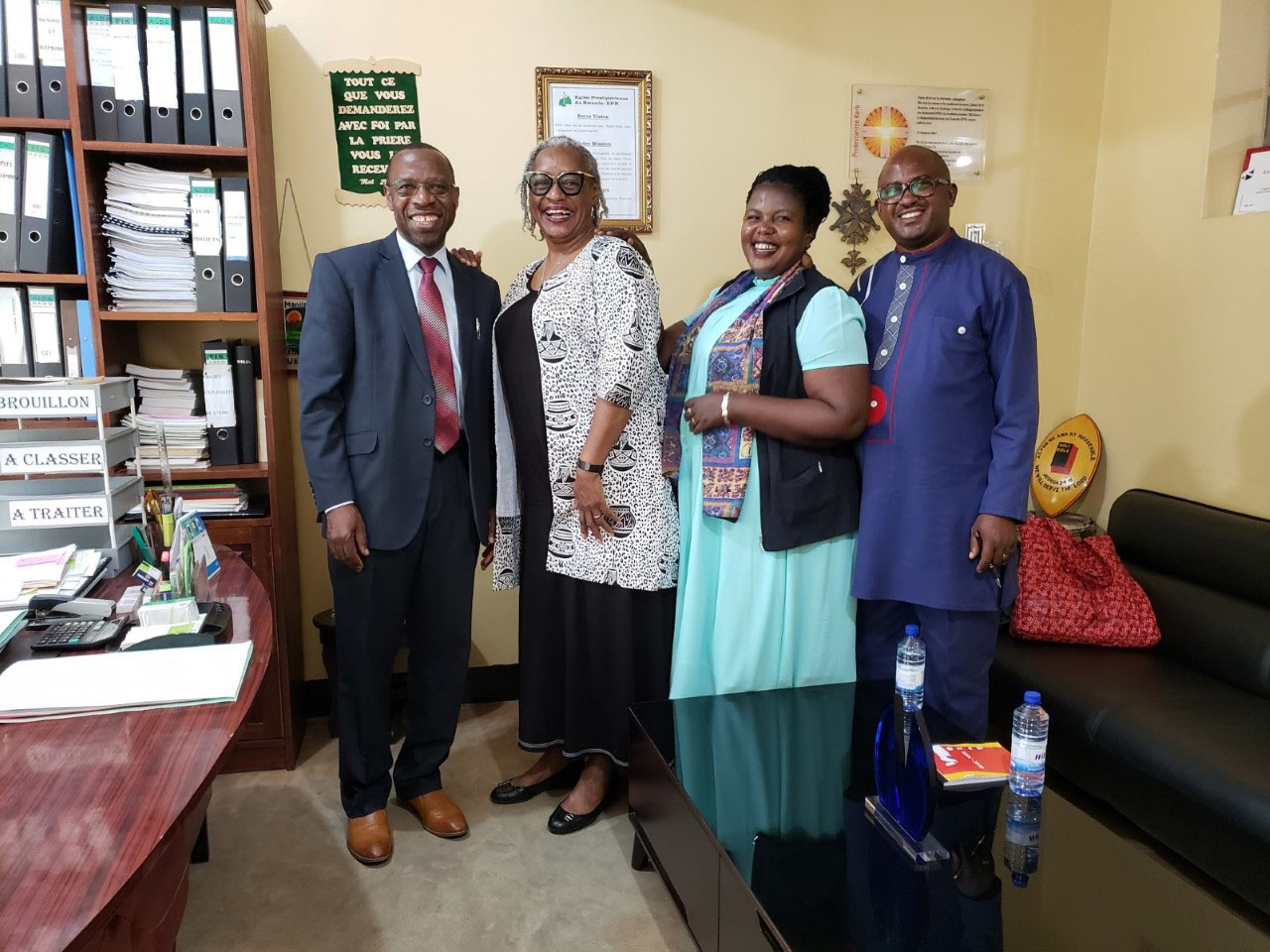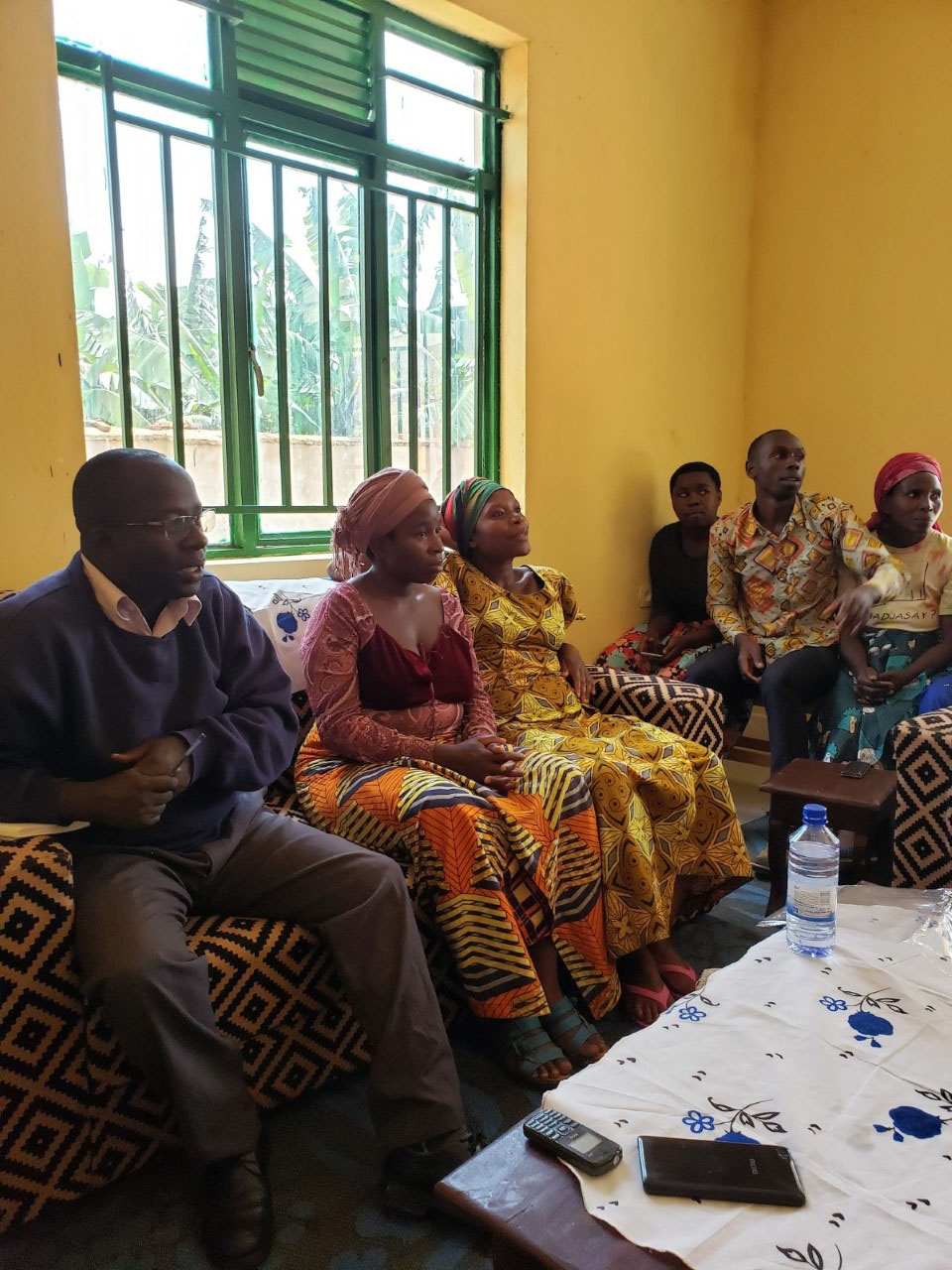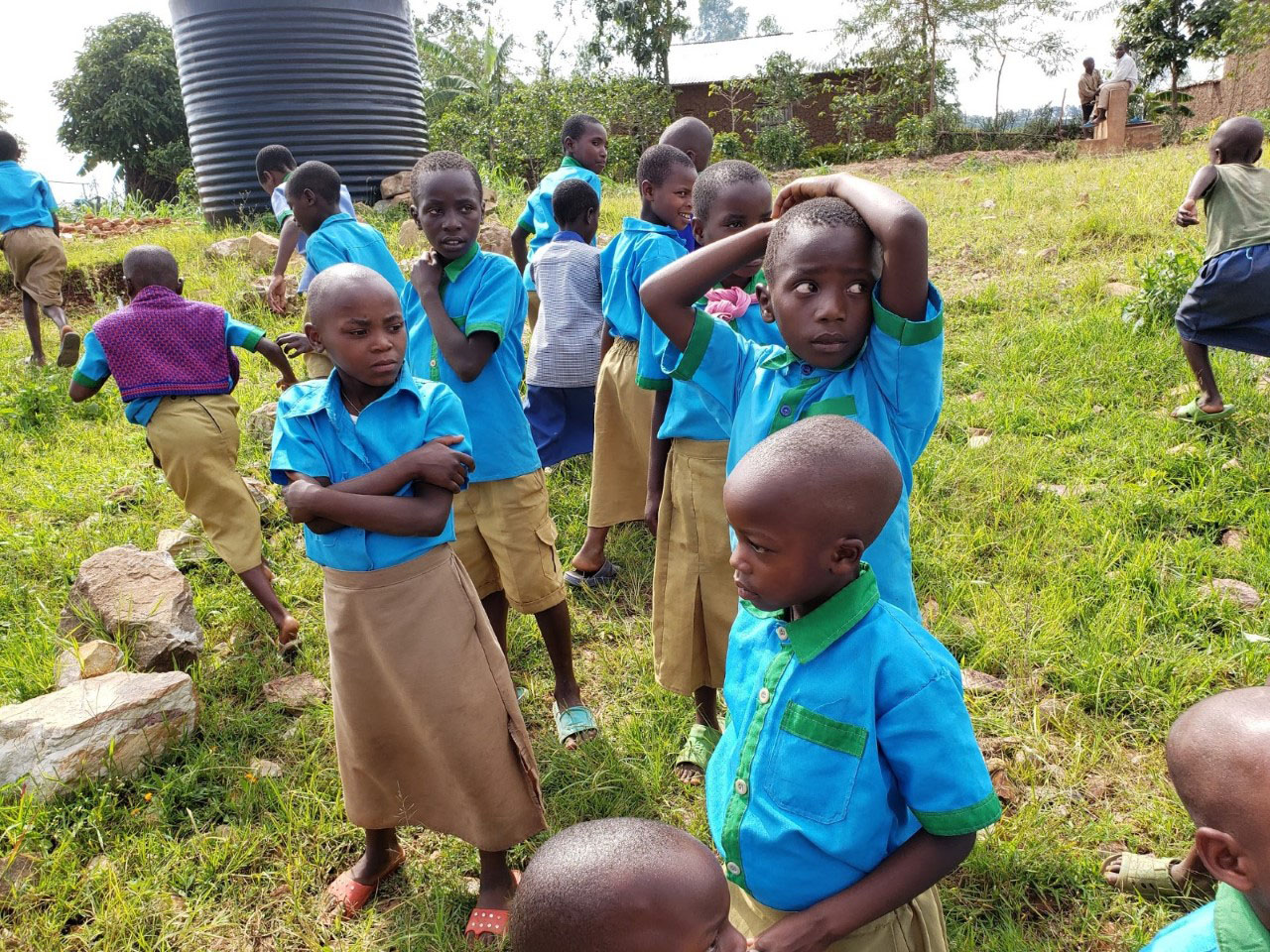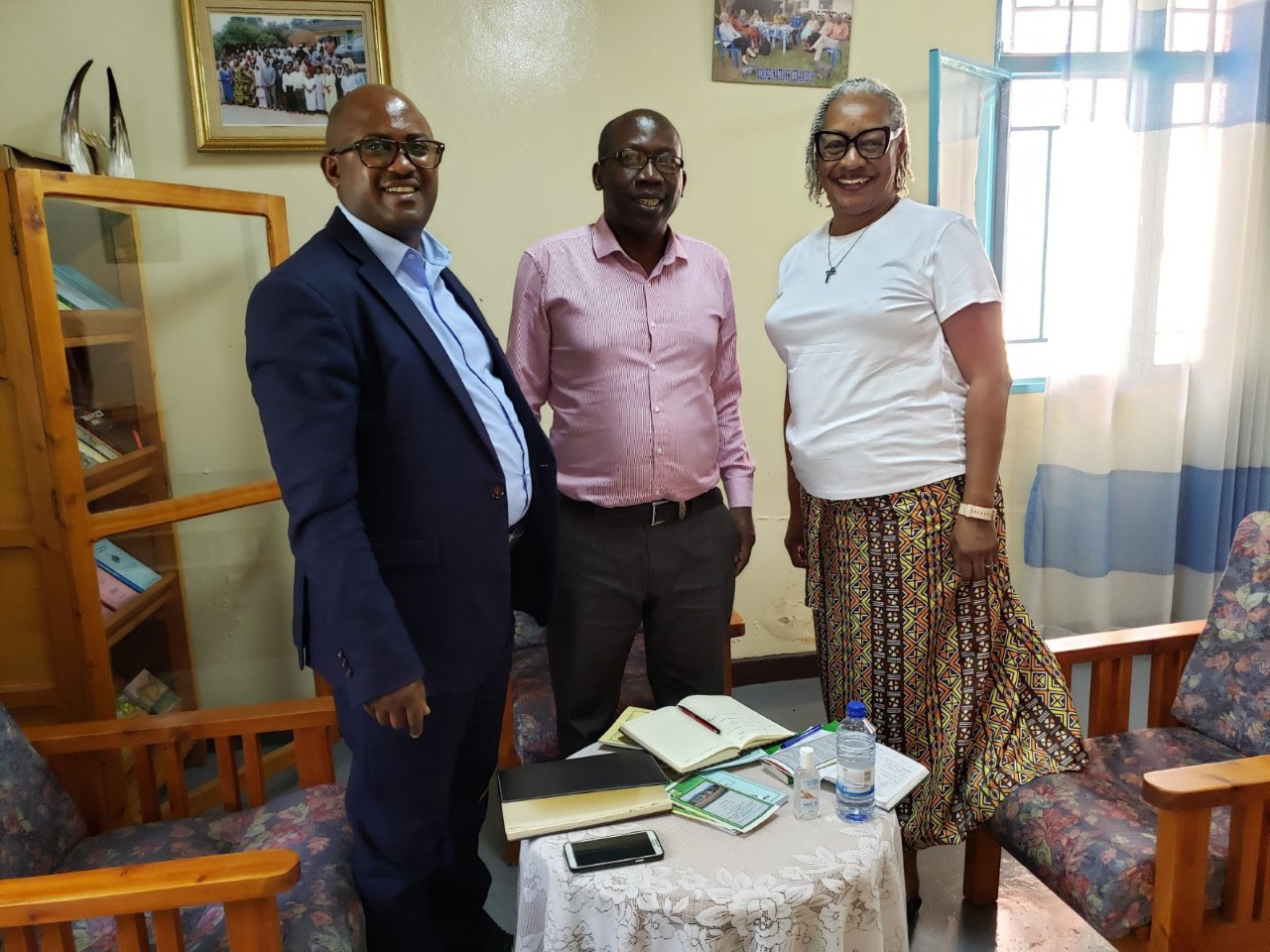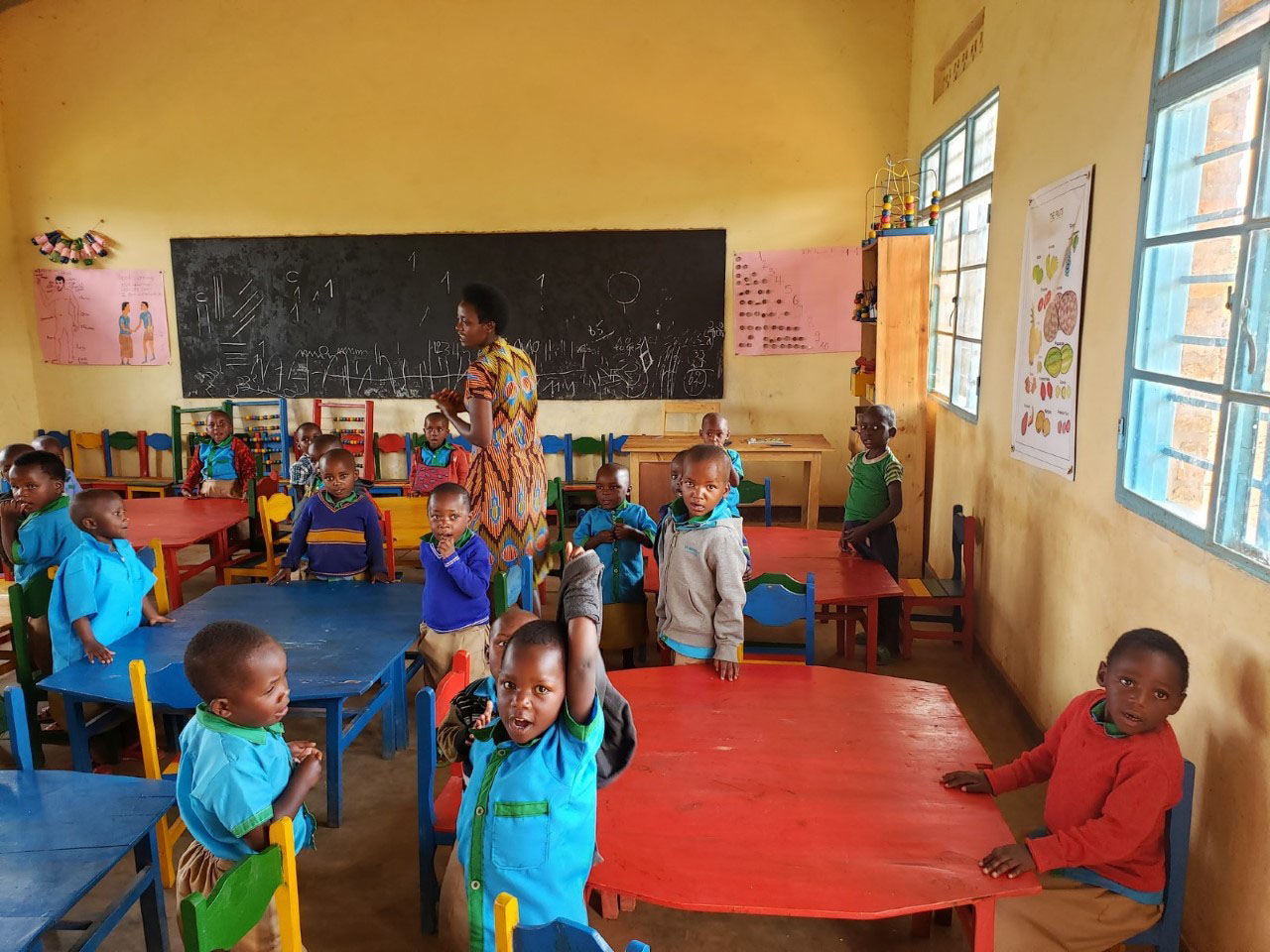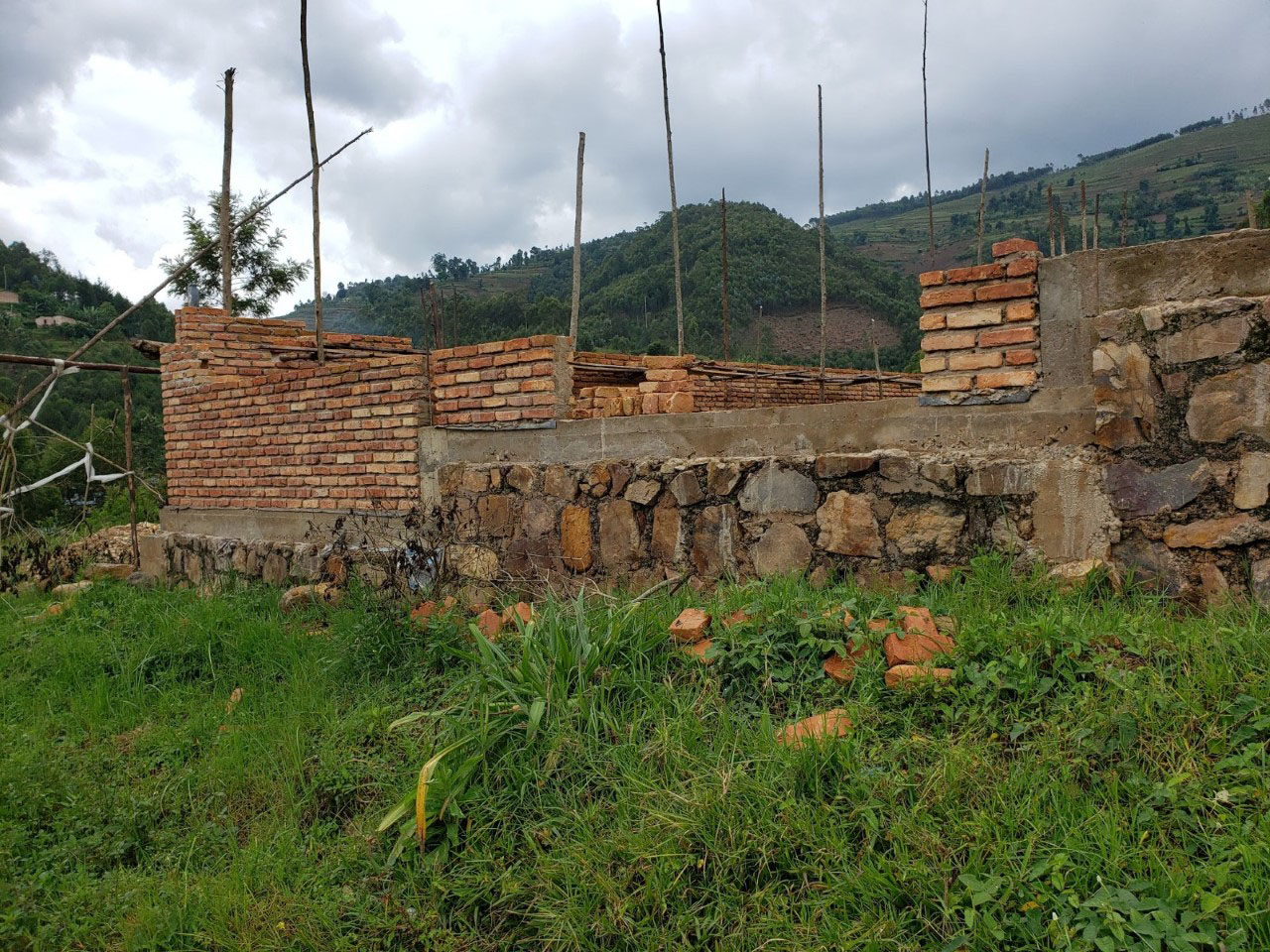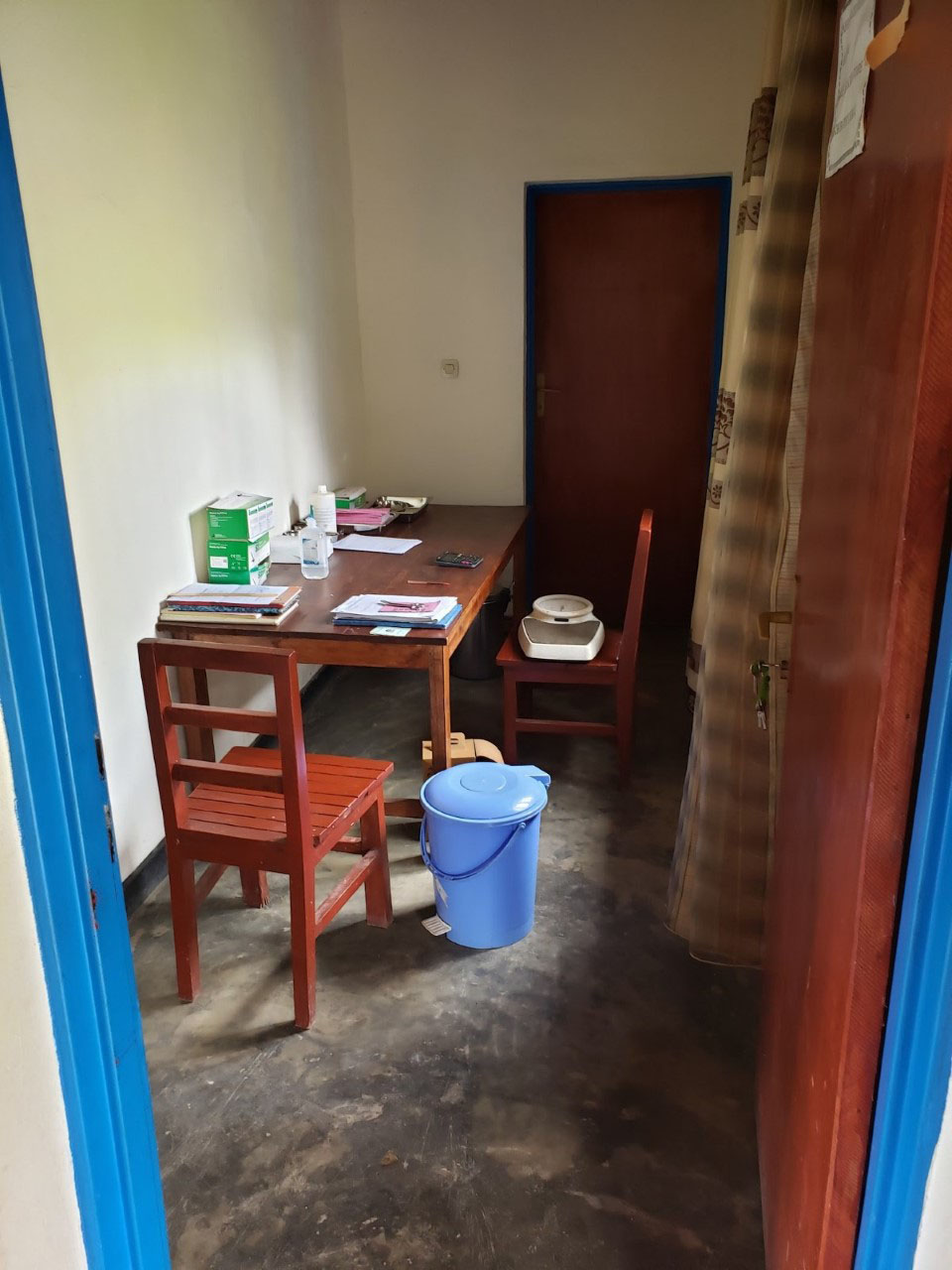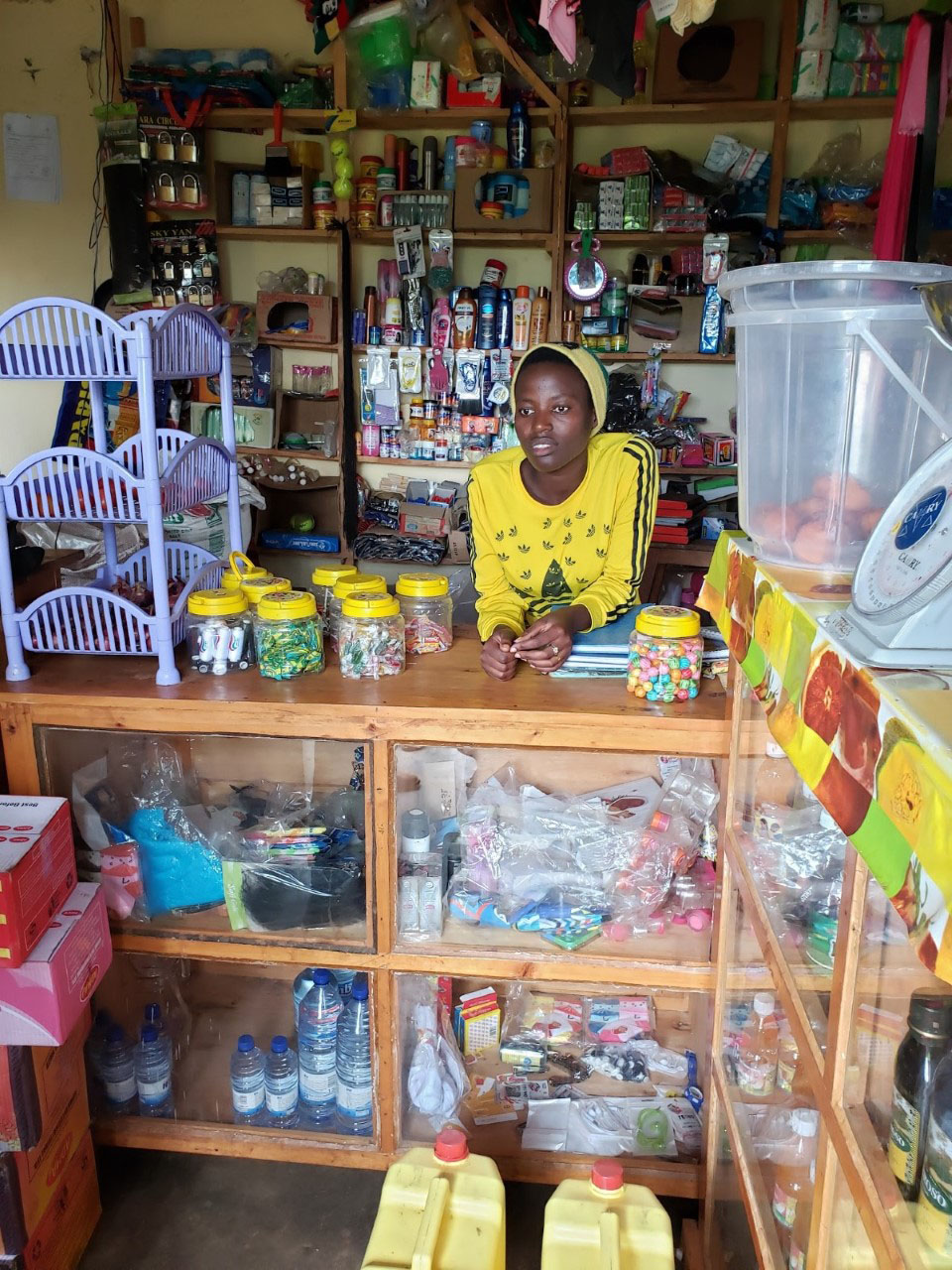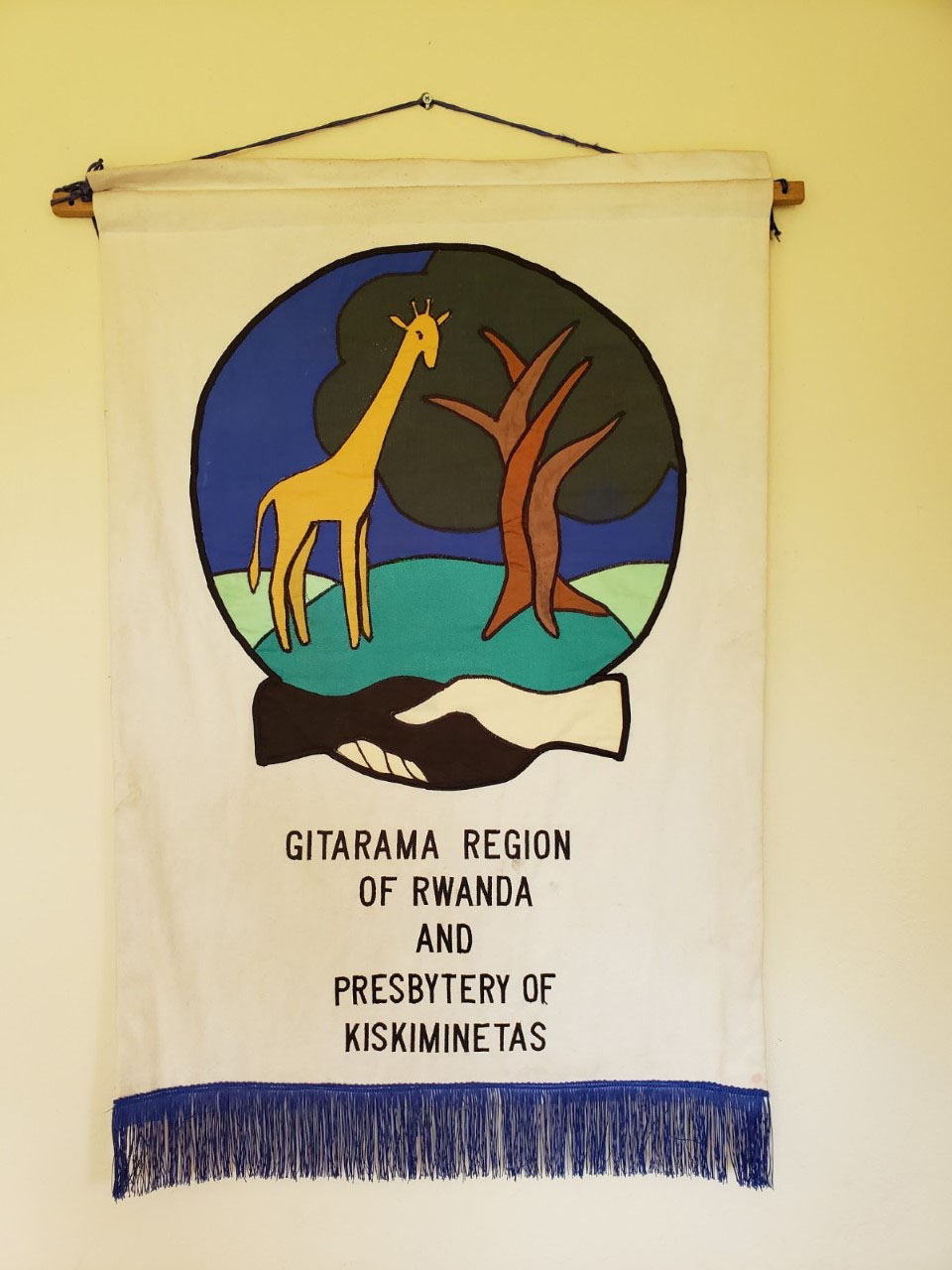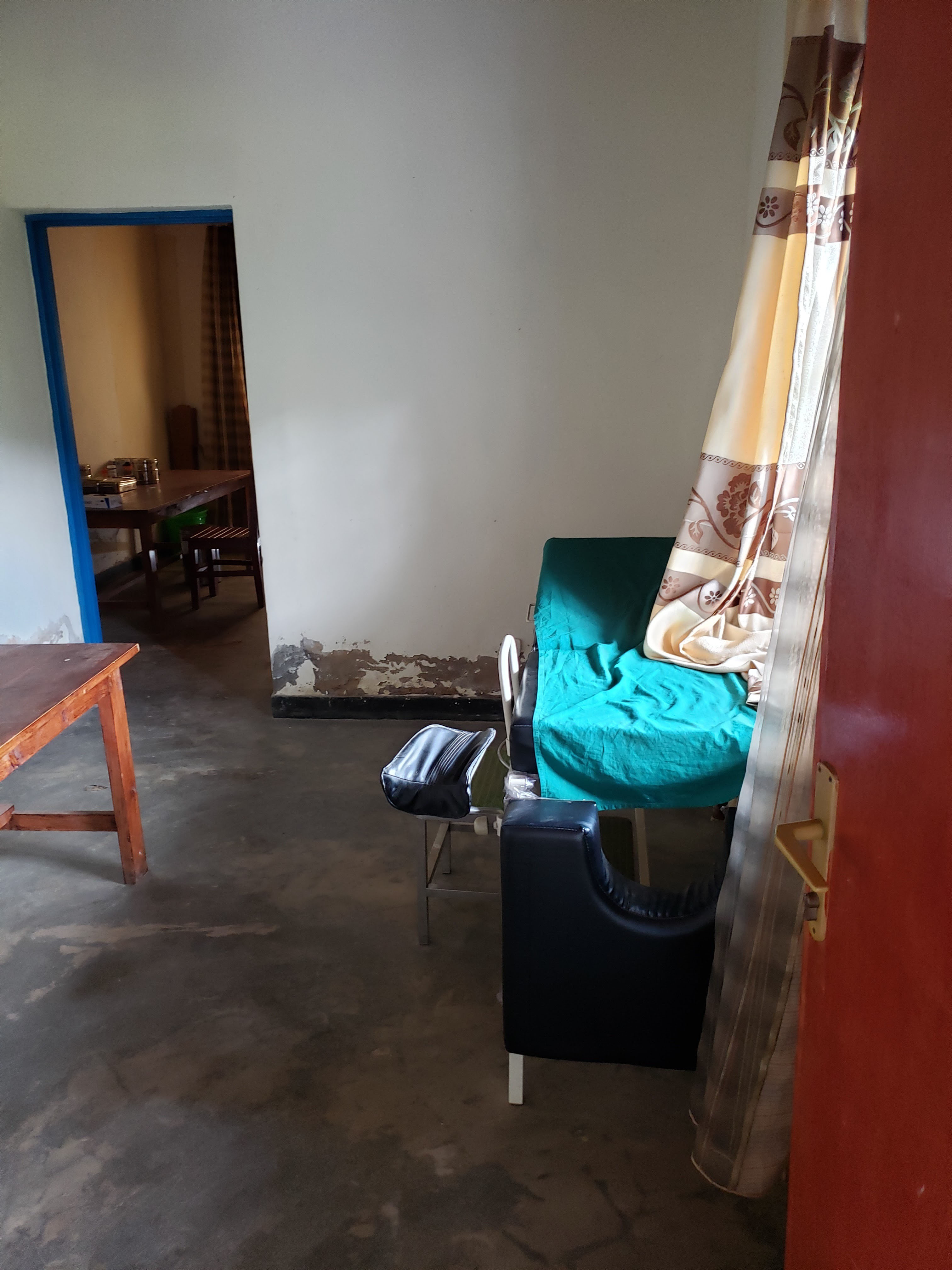A Letter from Paula Cooper, serving as regional liaison for East Central Africa
April 2020
Write to Paula Cooper
Individuals: Give online to E200539 for Paula Cooper’s sending and support
Congregations: Give to D507596 for Paula Cooper’s sending and support
Churches are asked to send donations through your congregation’s normal receiving site (this is usually your presbytery).
I arrived in Kigali, Rwanda, from Lusaka, Zambia on March 8th, exhausted from the wee-hours-in-the morning flight. The flight had been scheduled to leave Lusaka at 1:20AM but was delayed 2 hours. I had arrived at the airport at 11:30 PM on the 7th; however, my flight didn’t depart until 3:30 AM. When I arrived at Kigali’s airport, I had to stand in a very long line (queue) for over 45 minutes for a health screening check. I was asked for my flight number, where I was coming from, did I have a fever (after which they took my temperature,) what my seat number was, my passport number, phone number, etc. Afterwards, I dragged myself over to the immigration desk to purchase a visa.
After a peaceful and restful day and night, I had breakfast with the Reverend Emmanuel Muhozi, the Eglise Presbyterienne au Rwanda’s, (EPR), partnership officer. This is a new position that he had been called to in January 2020. Our task for the next 14 days was to visit EPR’s ministries and projects. Our journey began with on the road heading to the Kinihira Parish, located in the Northern Province within the district of Rulindo. The drive up the mountain passed over some rough areas. The parish is assigned to an evangelist and a helper. There are two communities ministered to by a parish “temple” (church). Once a month, these communities come together at the parish temple for shared Holy Communion; they also share worship on Resurrection Sundays and Christmases.
The temple, Kinihira sub-Parish, has a primary school. The school has 220 students in grades ranging from P1, P2, P3 (P=primary). The school building has two classrooms; therefore, the students have to share the space in morning and afternoon sessions. The school began new construction with funds from World Vision; however, the funds were depleted. It is also experiencing technical or installation problems with the water system. Presently, tanks are being used for collecting rainwater, which assists with watering gardens and cleaning classrooms. The water is not safe to drink.
As we left the Kinihira sub-Parish, the headteacher, Naason Msengimana, emphasized how grateful they would be for the prayers and financial support from our partners in the U.S. He stressed their need for more classroom space, clean water, and for their temple to be rebuilt, which had collapsed. They were grateful that no one was in the building when it collapsed. Now, however, members were traveling over 20 to 30 kilometers to attend church in another community, or not attending church at all.
The following day our road trip took us to the Centre for Training and Documentation (CDF), where I met the coordinator, the Reverend Celestin Nsengimana. There is a lot of good work going on at CDF. CDF has sponsored seminars to build and strengthen Christian and Muslim relationships and in-service training for pastors. It has sponsored regional conferences whose discussions and decisions are published as booklets. The materials are shared among parishes country-wide. CDF also has published materials for fledgling house churches, including materials detailing the church’s structure, church polity, and “Theological Education by Extension” materials for lay leaders. This is a similar program to the one that I served as a training officer, in Kitwe, Zambia in 2017-2018 as a Madison Avenue Presbyterian Church’s Phillips Talbot Global Ministry Fellow.CDF does have some challenges. It needs funds to continue sponsoring these essential trainings, seminars, and conferences so that it can help build the capacity of the church. CDF needs to continue to publish materials to support the intellectual growth of pastors and church members. It also needs to acquire books and relevant current resources to be distributed to these same pastors and members. Its work is vital to the evangelistic outreach and the spiritual development of EPR. For over 26 years, EPR and the Rwandan government have placed a high priority on programs that contribute to upholding the peace and reconciliation efforts in the country. They also need partners in the U.S. to help them overcome their many challenges.
One of the EPR’s presbyteries, Gitarama, in the Southern Province, within the district of Muhanga, has been diligently partnering with the Kiskiminetas Presbytery in Indiana, PA for over 14 years. They share evangelism, spiritual development, and outreach efforts with each other. The Reverend Albertine Nyiraneza, president of Gitarama Presbytery, shared that the congregations celebrate their partnership by exchanging worship liturgies, music, and prayer requests every 3rd Sunday in September. Their partnership is built on six pillars: 1) interchange visit and efficient communication via newsletters; 2) rehabilitation of old churches and constructions of new ones; 3) social assistance; 4) income-generating activities (IGA); 5) water and sanitation; and 6) empowering youth and women. Pillars four and six have not yet been realized. Gitarama’s challenges are teenage pregnancies and early childhood marriages, as well as drug and alcohol abuse. There is a strong need to empower women and the presbytery with an IGA.
After we returned from the presbytery and I was preparing for dinner, I received an email from PC(USA). All mission co-workers were being asked to return to the U.S. After contacting my supervisor, I was instructed to make arrangements to return home to Lusaka, as soon as I could get a flight out of Kigali.
The next morning, I explained to Reverend Muhozi about the change of plans. We decided that at the end of our visits, we would go to Kenyan Airlines to change my flight from March 21st to the 14th. We continued our road trip to visit the Kiruhura Parish in the Northern Province, of the district of Gicumbi. This road was more treacherous than the others as we maneuvered our way up the mountain. The parish responsible, Vincent Maniraguha, told us that after the government had closed the dilapidated temple where the community worshipped, they began construction on a new temple; however, the funds were depleted before completion. The parish temple has about 505 members, but many aren’t attending because the building is not complete. Nonetheless, some of the members are bringing stones for the construction.
The parish has a health post for the surrounding community, with rooms for consultations, a pharmacy, and a nurse. The health post is only set up for basic services. Unfortunately, the nurses don’t come to the post regularly, and often won’t show up at all. The sick may wait around all day before realizing that no nurse is coming. The next clinic is about 16 kilometers away down a treacherous road. The parish hopes to increase the awareness of our U.S. constituents of their need for start-up funds to purchase more medical equipment and materials, medicines, fans, salary for two nurses, a director, and a cashier to function properly. Once they can acquire the funds, they believe they can manage to keep things afloat.
Our final road trip was to the Sure Parish within the Rubengera Presbytery, Western Province, in the Karongi District. At this location, we visited a community of people on the margins who are receiving funds from the Presbyterian Church (U.S.A.) Self-Development of People’s (SDOP) program to assist them with a savings and loans program. Mr. Innocent Semargina, coordinator for EPR’s CDP, told me that SDOP has been working with EPR’s community development program (CDP) since 2012. On this trip, we were accompanied by EPR’s vice president, the Reverend Julie Kandema and Innocent. The savings and loans program has enabled different individuals to purchase cows; plant bananas and beans; open a small tuck shop; construct a building for rental; and has paid school fees and sent children to universities. You had to be there to feel the humble pride and hope in the room. Most of these individuals cannot get loans from banks but have been able to begin IGAs through the program; ninety-three percent of the parish members belong to a group.
After we returned to Kigali, we went to the airline and I was able to change my flight. I was unhappy about departing Kigali because the road trips were a learning curve for me. It was exhilarating to see God at work in those parishes. Nonetheless, amid that exhilaration, I felt their concerns and understood the challenges that they are enduring. There is a strong desire to have partners from the U.S., who are empathetic and compassionate.
I sincerely understand that right now, times are challenging for my family, my friends, and the churches that support the ministry of the regional liaison of East Central Africa. As you are able, please, consider partnering with the EPR church and this ministry with your gifts and your prayers. We’ll be praying for you!
![]() You may freely reuse and distribute this article in its entirety for non-commercial purposes in any medium. Please include author attribution, photography credits, and a link to the original article. This work is licensed under a Creative Commons Attribution-NonCommercial-NoDeratives 4.0 International License.
You may freely reuse and distribute this article in its entirety for non-commercial purposes in any medium. Please include author attribution, photography credits, and a link to the original article. This work is licensed under a Creative Commons Attribution-NonCommercial-NoDeratives 4.0 International License.
